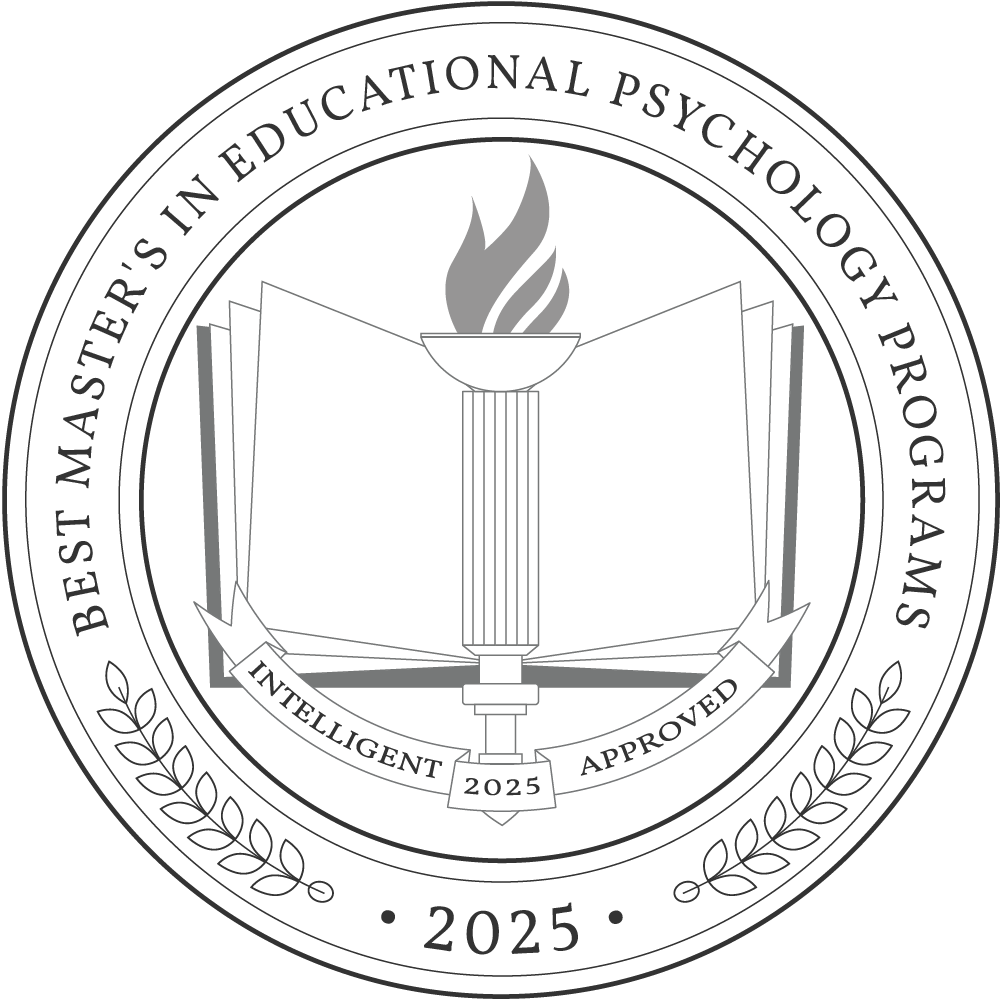A master’s in educational psychology prepares students for careers focused on understanding and improving learning processes and academic environments. Graduates can pursue roles such as educational psychologist, school counselor, or instructional coordinator. School and career counselors make a median salary of $60,140 per year, according to the Bureau of Labor Statistics.
Typically completed in two to three years, the program’s average cost varies but falls within the range of $12,000 to $30,000, according to data for 2021-22 from the National Center for Education Statistics. The top programs will blend psychological theories with educational practices to enhance student learning outcomes and promote positive educational experiences.
Why Trust Us
The Intelligent.com Higher Education Team is dedicated to providing students with independent, equitable school and program rankings and well-researched resources. Our expert-driven articles cover topics related to online colleges and programs, paying for school, and career outlooks. We use data from the U.S. Department of Education’s College Scorecard, the National Center for Education Statistics, and other reputable educational and professional organizations. Our academic advisory team reviews content and verifies accuracy throughout the year for the most current information. Partnerships do not influence rankings or editorial decisions.
- Analyzed over 2,000 national, accredited, and nonprofit colleges and universities
- 800+ rankings pages are reviewed and updated yearly
- Content is informed by reputable sources, surveys, and interviews with academic advisors and other experts
- Over 100 data points are reviewed for accuracy and quality throughout the year, including sources
How we rank schools
Our list features the best Master’s in Educational Psychology degree programs at top colleges nationwide. Each school featured is a nonprofit, accredited institution — either public or private — with a high standard of academic quality for post-secondary institutions.
We evaluated each school’s program on tuition costs, admission, retention and graduation rates, faculty, reputation, and the student resources provided for online students. We collected data from trusted sources like the National Center for Education Statistics, individual school and program websites, school admissions counselors, and other data sources. Then, we calculated the Intelligent Score on a scale of 0 to 100 based on the following criterion:
Academic Quality:
- Admission rate versus enrollment rate
- Retention rate of students who return after year one
- Accreditation status (regional and programmatic)
- Nonprofit status, both private and public institutions
Graduation Rate
- Overall graduation rate
- Total number of currently enrolled students, including diversity metrics
- Student-to-faculty ratio
Cost and ROI
- In-state and out-of-state per-credit tuition rates and fees
- Required credits to graduate
- Earning potential after graduation
- Availability of federal student loans, scholarships, and other financial aid options
Student Resources
- Available student services for online-only and hybrid programs
- On-campus amenities like tutoring centers and the number of libraries
Read more about our ranking methodology.
Best 13 Accredited Master’s in Educational Psychology Degree Programs
FiltersInstitution Type
Status
- Intelligent Score
- Alphabetically By University Name
- Acceptance Rate
- Enrollment
- In-state Graduate Tuition
- Out-of-state Graduate Tuition
- In-state Undergraduate Tuition
- Out-of-state Undergraduate Tuition

Texas A&M University
Intelligent Score: 98.26In-state: $8,395
Out-of-state: $36,849
In-state: $6,775
Out-of-state: $6,775
SAT: 1160-1380
ACT: 26-32
Resident: $1,070
Non-Resident: $1,612
On-Campus, Online
Southern Association of Colleges and Schools Commission on Colleges
36
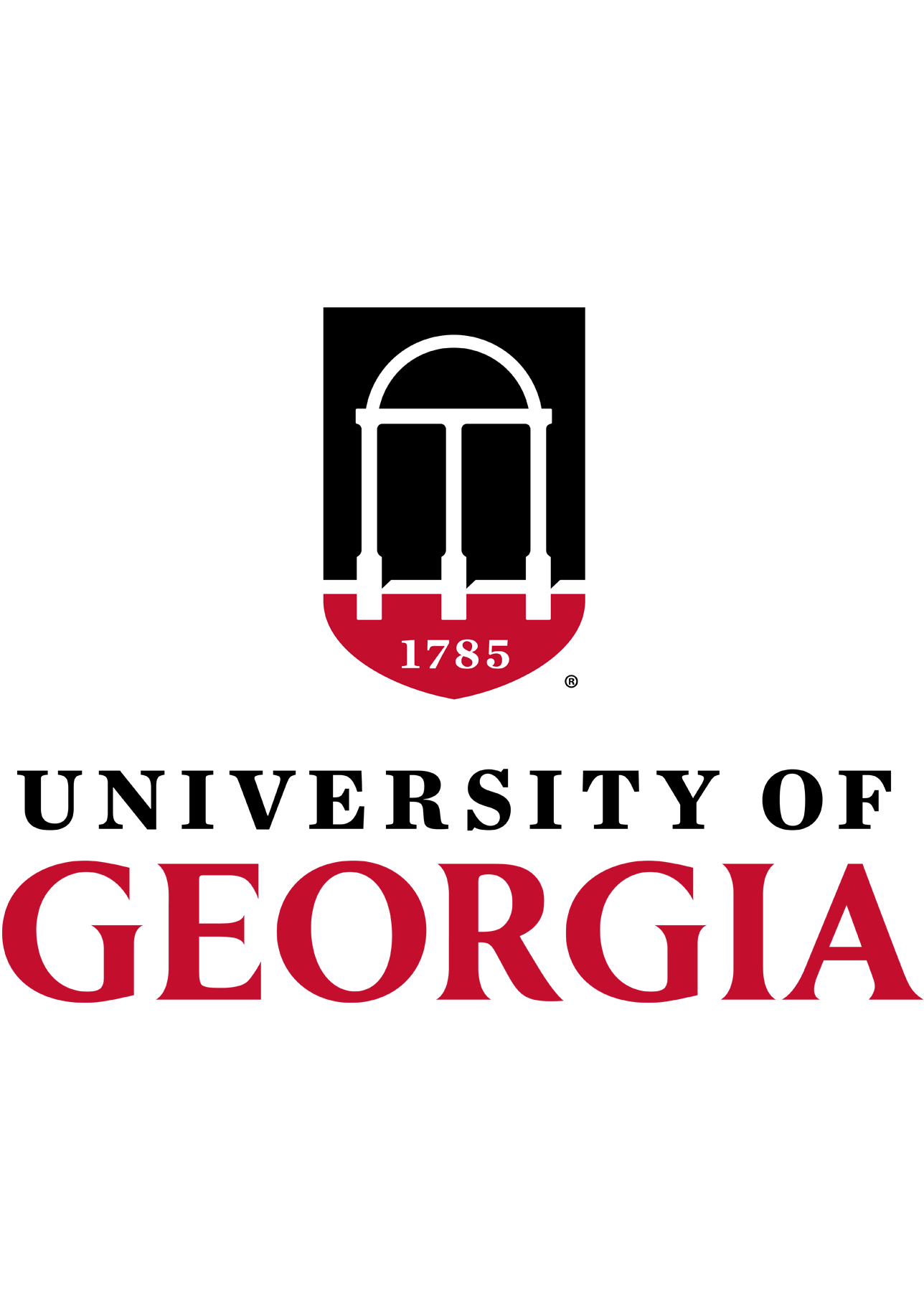
University of Georgia
Intelligent Score: 97.61In-state: $9,790
Out-of-state: $28,830
In-state: $8,878
Out-of-state: $8,878
SAT: 1250-1460
ACT: 29-33
$370
On-Campus, Online
Southern Association of Colleges and Schools Commission on Colleges
36

University of Virginia School of Education and Human Development
Intelligent Score: 97.1In-state: $15,772
Out-of-state: $49,819
In-state: $17,076
Out-of-state: $17,076
SAT: 1320-1510
ACT: 30-34
Resident: $657
Non-Resident: $2,242
On-Campus
Southern Association of Colleges and Schools Commission on Colleges
33
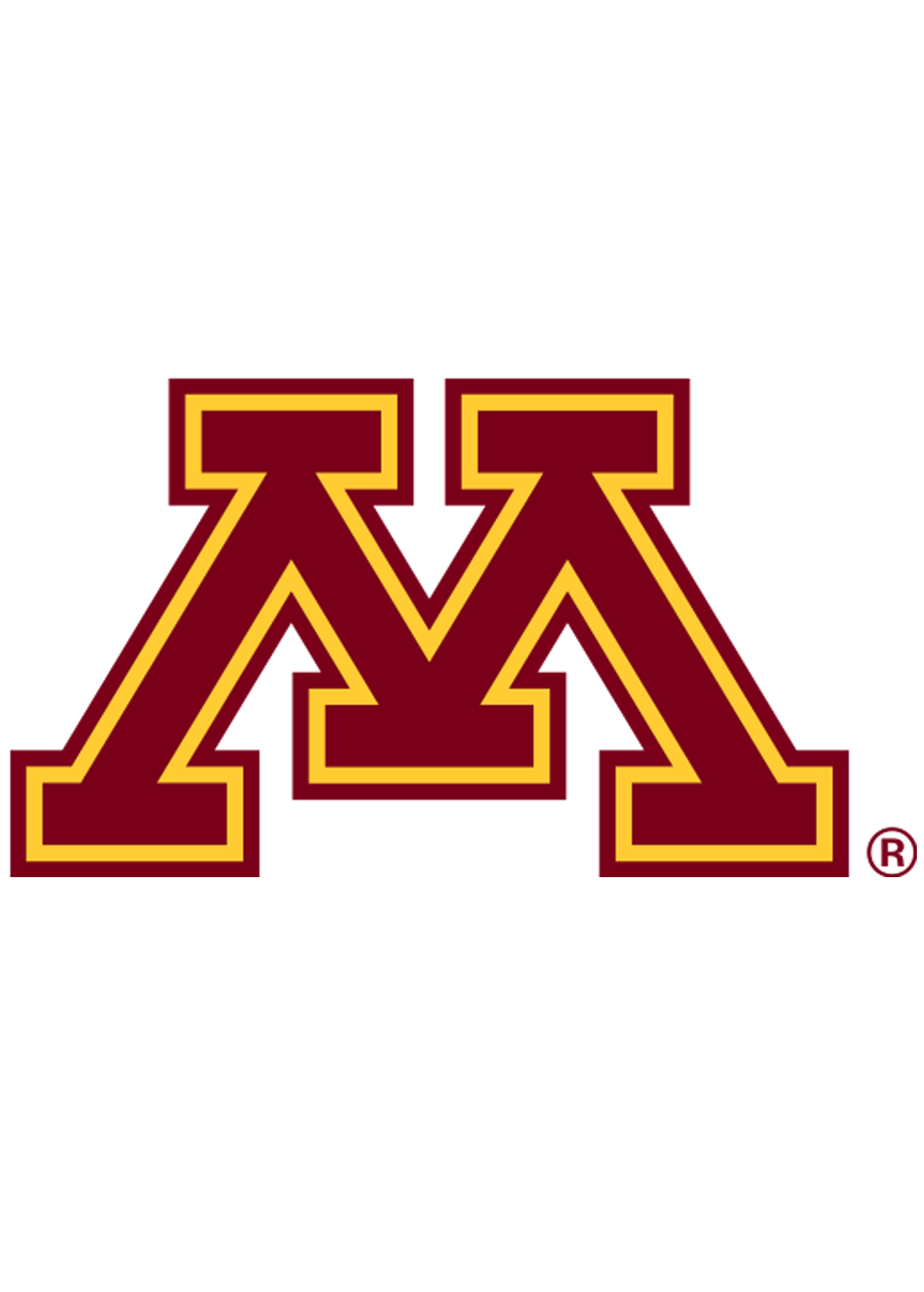
University of Minnesota
Intelligent Score: 96.96In-state: $13,318
Out-of-state: $31,616
In-state: $17,580
Out-of-state: $17,580
SAT: 1240-1460
ACT: 25-31
Resident: $682
Non-Resident: $1,056
On-Campus
American Psychological Association
30-60
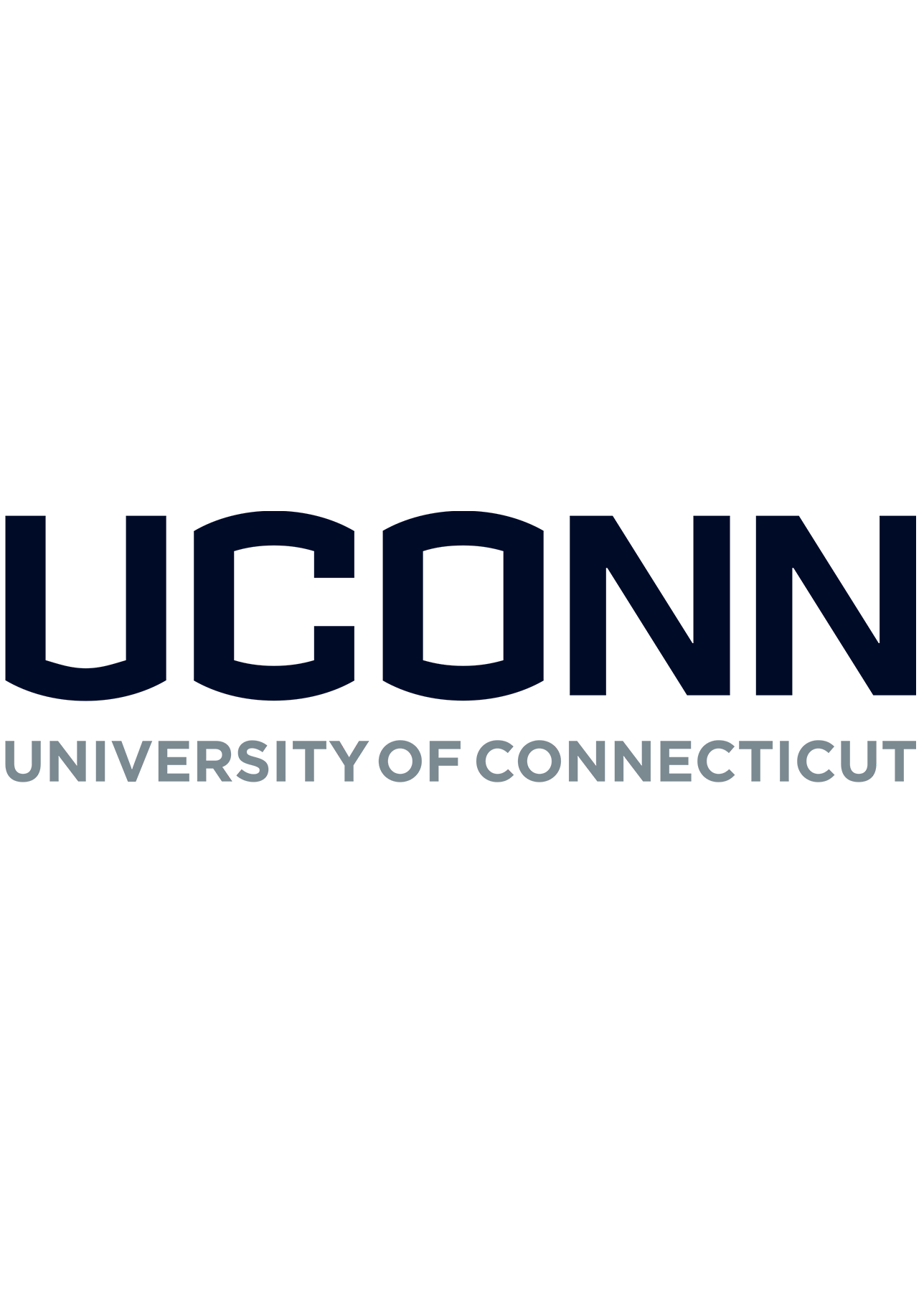
University of Connecticut
Intelligent Score: 96.77In-state: $14,406
Out-of-state: $37,074
In-state: $16,908
Out-of-state: $16,908
SAT: 1170-1390
ACT: 27-32
In-State: $722
Out-of-State: $1,534
Hybrid
Council for Accreditation of Counseling and Related Educational Programs
60
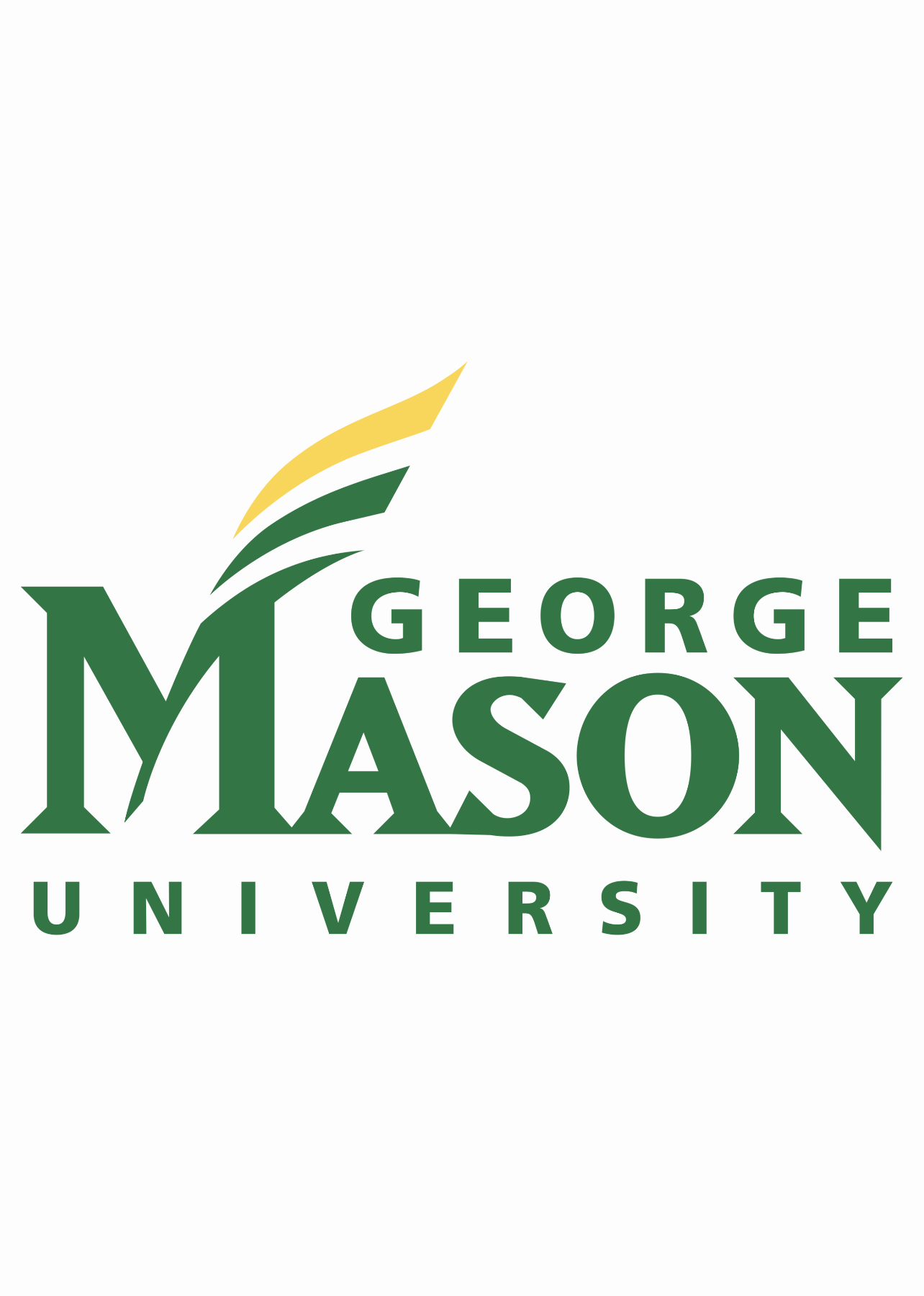
George Mason University
Intelligent Score: 95.73In-state: $9,510
Out-of-state: $32,970
In-state: $12,594
Out-of-state: $12,594
SAT: 1100-1300
ACT: 24-30
In-State: $727
Out-of-State: $927
On-Campus, Online
Southern Association of Colleges and Schools Commission on Colleges
30

Teachers College at Columbia University
Intelligent Score: 95.66In-state: $57,864
Out-of-state: $57,864
In-state: $49,024
Out-of-state: $49,024
SAT: 1460-1570
ACT: 33-35
$1,970
On-Campus, Online
Middle States Commission on Higher Education
36

Ohio State University
Intelligent Score: 94.89In-state: $10,615
Out-of-state: $32,599
In-state: $11,560
Out-of-state: $11,560
SAT: 1210-1430
ACT: 26-32
$1,73
On-Campus
Council for the Accreditation of Educator Preparatio
30-33

Baylor University
Intelligent Score: 94.63In-state: $44,544
Out-of-state: $44,544
In-state: $33,408
Out-of-state: $33,408
SAT: N/A
ACT: N/A
$2,285
On-Campus
Southern Association of Colleges and Schools Commission on Colleges
30
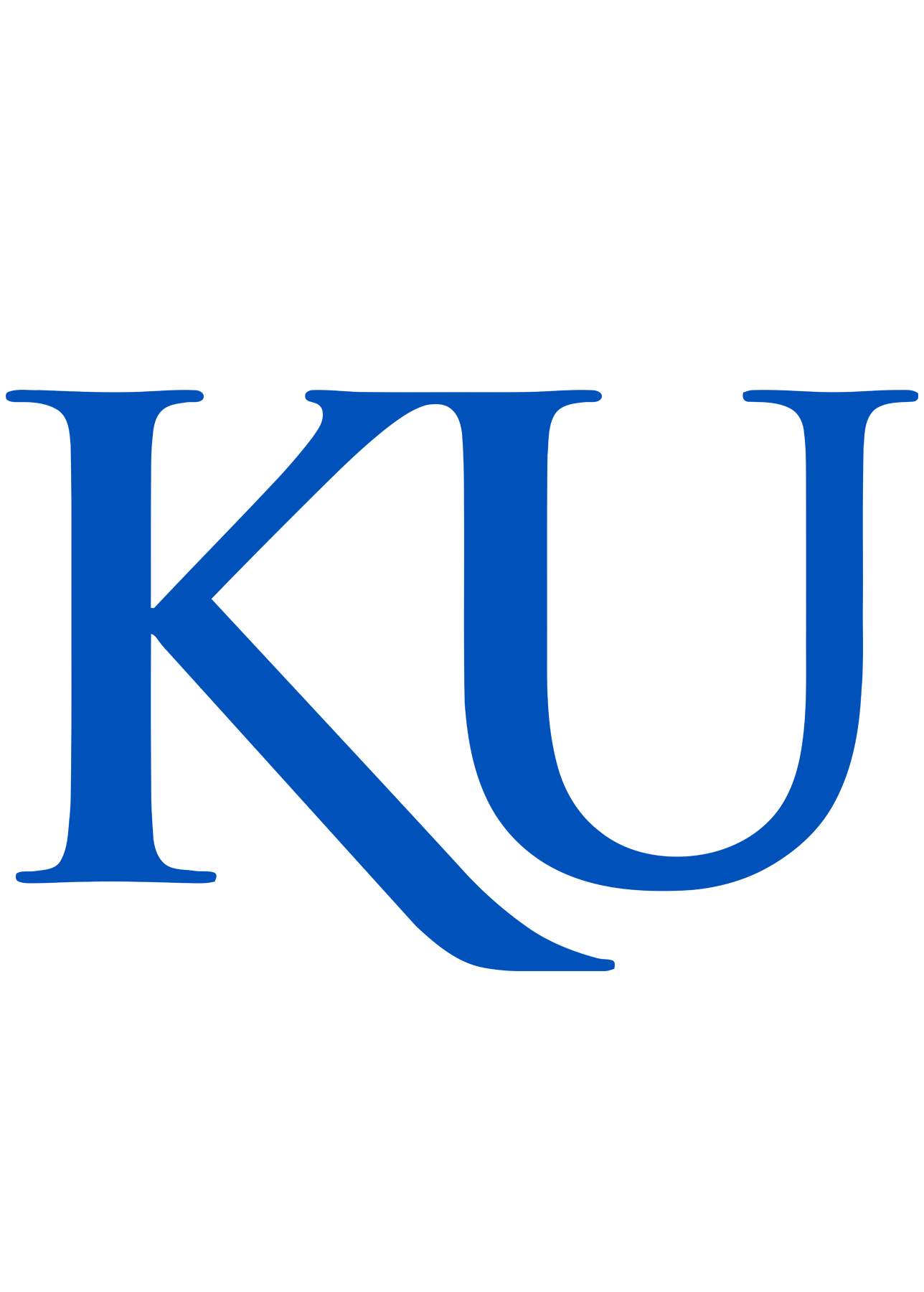
University of Kansas
Intelligent Score: 91.35In-state: $10,092
Out-of-state: $26,960
In-state: $9,989
Out-of-state: $9,989
SAT: 1070-1320
ACT: 22-29
Resident: $437
Non-Resident: $1,047
On-Campus
Council for the Accreditation of Educator Preparatio
36

University of Iowa
Intelligent Score: 90.73In-state: $8,073
Out-of-state: $30,036
In-state: $10,079
Out-of-state: $10,079
SAT: 1110-1310
ACT: 22-29
$738
On-Campus
Council for Accreditation of Counseling and Related Educational Programs
30

Ball State University
Intelligent Score: 88.72In-state: $9,482
Out-of-state: $26,470
In-state: $9,328
Out-of-state: $9,328
SAT: N/A
ACT: N/A
Resident: $464
Non-Resident: $1,269
On-Campus
American Psychological Association
33

University of Kentucky
Intelligent Score: 87.09In-state: $11,135
Out-of-state: $29,945
In-state: $12,189
Out-of-state: $12,189
SAT: 1070-1280
ACT: 22-29
$641
On-Campus
Southern Association of Colleges and Schools Commission on Colleges
33
How to Choose a Master’s in Educational Psychology Degree Program
Choose your area of study
Begin by assessing your career goals and interests to determine the specialization that aligns with your aspirations. Options may include school psychology, child development, learning and cognition, or educational assessment and measurement. Consider factors such as your passion for working with specific age groups, populations, or educational settings. Additionally, evaluate the curriculum and faculty expertise within each specialization to ensure they match your academic and professional objectives. By selecting the right area of study, you can tailor your education to your interests and prepare yourself for a rewarding career in educational psychology.
Research schools and programs
Prioritize schools and programs approved by DOE-recognized accrediting organizations. Utilize resources such as school websites, admissions counselors, information sessions, and social media platforms to gather comprehensive information about each program. Look into faculty expertise, program offerings, research opportunities, and student support services to ensure they align with your academic and career goals. Also, student testimonials and alumni outcomes can be used to gauge the program’s effectiveness and reputation. By conducting thorough research, you can make an informed decision and choose a master’s program that meets your needs and sets you on the path to success in educational psychology.
Prepare for tests and applications
Prepare for tests and applications by gathering the materials required for admission, including letters of recommendation, personal statements, transcripts, and relevant test scores (such as the GRE). Consider enrolling in test preparation courses to enhance your scores and increase your chances of admission. Recognize that application processes vary among schools, so communicate with admissions counselors for accurate information and guidance. Stay organized and ensure all materials are submitted before the deadline to present yourself as a strong candidate for admission. By dedicating time and effort to test preparation and completing application requirements diligently, you can position yourself competitively for acceptance into top master’s programs in educational psychology.
Select your program
Review your needs and goals to make a final decision on the program that best aligns with your aspirations. Consider logistical factors such as program format (in-person or online), enrollment status (full-time or part-time), and class structure (synchronous or asynchronous). Ensure the program’s offerings meet your educational and professional objectives, and if needed, seek advice from program representatives or admissions counselors to make an informed decision.
Determine how you’ll pay for your degree
Determine your financial strategy by first completing the Free Application for Federal Student Aid (FAFSA) to access federal aid and need-based assistance. Explore tuition reimbursement benefits from employers and investigate grants and scholarships to alleviate tuition costs. Utilize resources like the FAFSA website and employer tuition assistance explanations to navigate the financial aspect of pursuing your master’s in educational psychology. Take proactive steps to secure financial support and ensure you can focus on your studies without undue financial burden. You may want to consider part-time employment or online work opportunities to supplement your income while pursuing your degree.
What Can You Expect From a Master’s in Educational Psychology Degree Program?
Prospective students can expect to gain a comprehensive understanding of psychological theories and research methods as they apply to education. Coursework typically covers topics such as human development, learning theories, assessment and measurement, educational interventions, and program evaluation. Students learn to analyze and interpret educational data, design and implement effective interventions, and evaluate educational programs to promote positive learning outcomes.
The program usually takes two to three years to complete, depending on enrollment status and program requirements. By enrolling in an accelerated program, you may be able to earn a degree in this field in just one year.
Some programs may require students to participate in in-person labs, residencies, or internships to gain hands-on experience and apply theoretical knowledge in real-world settings.
Students may also have opportunities for practical projects or research with practical applications in educational settings. Graduates emerge prepared to work as educational psychologists, school counselors, researchers, or educators, equipped with the knowledge and skills to improve educational practices and promote student success.
Potential courses you’ll take in a master’s in educational psychology degree program
- Developmental Psychology in Education. Explores theories and research on human development from infancy through adulthood, with a focus on how psychological principles apply to educational contexts. Topics include cognitive, social, emotional, and physical development and how they influence learning and teaching practices.
- Learning Theories and Instructional Design. Examines theories of learning and their implications for instructional design and educational practices. Students apply learning principles to develop effective teaching strategies, curriculum design, and academic interventions in order to enhance learning outcomes.
- Assessment and Evaluation in Education. Covers principles and methods of educational assessment and evaluation, including test construction, measurement theory and data analysis techniques. Students learn to develop, administer, and interpret assessments to measure student progress and inform instructional decision-making.
- Counseling and Guidance in Educational Settings. Focuses on theories and techniques of counseling and guidance in educational settings. Topics include individual and group counseling approaches, crisis intervention, career development, and collaboration with educators and other stakeholders to support student well-being and academic success.
- Research Methods in Educational Psychology. Explores quantitative and qualitative research methods used in educational psychology research. Students learn to design and conduct research studies, analyze data, and interpret findings to contribute to the advancement of educational theory and practice. Emphasis is placed on ethical considerations and the application of research findings to improve educational outcomes.
Master’s in Educational Psychology Degree Frequently Asked Questions
How do I apply to a master's in educational psychology degree program?
To apply, gather materials such as transcripts, letters of recommendation, a statement of purpose, and relevant test scores, such as the GRE. Some programs may require specific prerequisites or interviews. It’s crucial to review the admission criteria of each program and ensure all materials are submitted before the deadline. Speaking with an admissions counselor can provide valuable insights and guidance throughout the application process.
How much does a master's in educational psychology degree cost?
The cost of a master’s in educational psychology varies depending on factors such as program format (online or in-person) and institution. According to the National Center for Education Statistics, average tuition costs range from $12,000 to $30,000. Public state schools are often more affordable than private colleges and universities. Additional expenses may include textbooks, technology fees, and possibly travel costs for in-person residencies or internships. Online programs may offer flexibility but could have additional technology or exam fees.
How long does it take to earn a master's in educational psychology degree?
Completing a master’s in educational psychology typically takes two to three years, depending on enrollment status and program requirements. Full-time enrollment will likely allow you to graduate more quickly than if you attend school part-time. Online programs may offer more flexibility, allowing you to pace your studies and potentially complete the degree at a faster or slower rate compared to on-campus programs. The total number of required credits also impacts program length, with many programs requiring around 36 to 48 credits for completion. Prospective students should consider their personal commitments and academic goals when determining the most suitable enrollment status and program format for their master’s in educational psychology.
Compare School Options
Related Degrees
- Child Development
- Christian Counseling
- Marriage and Family Therapy
- Psychology
- Christian Counseling Program
- Counseling
- Educational Psychology
- School Counseling
- Forensic Psychology
- Behavioral Psychology
